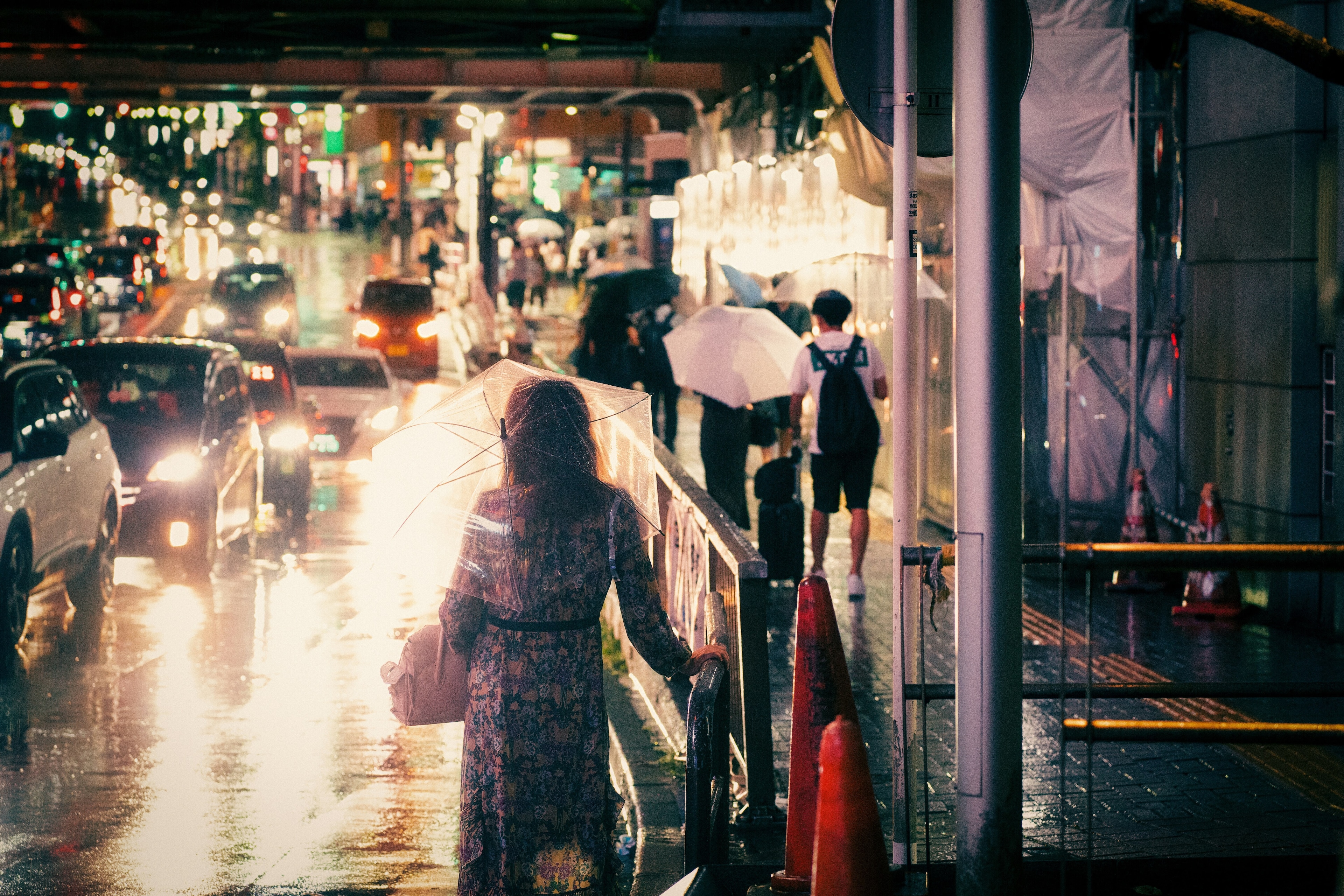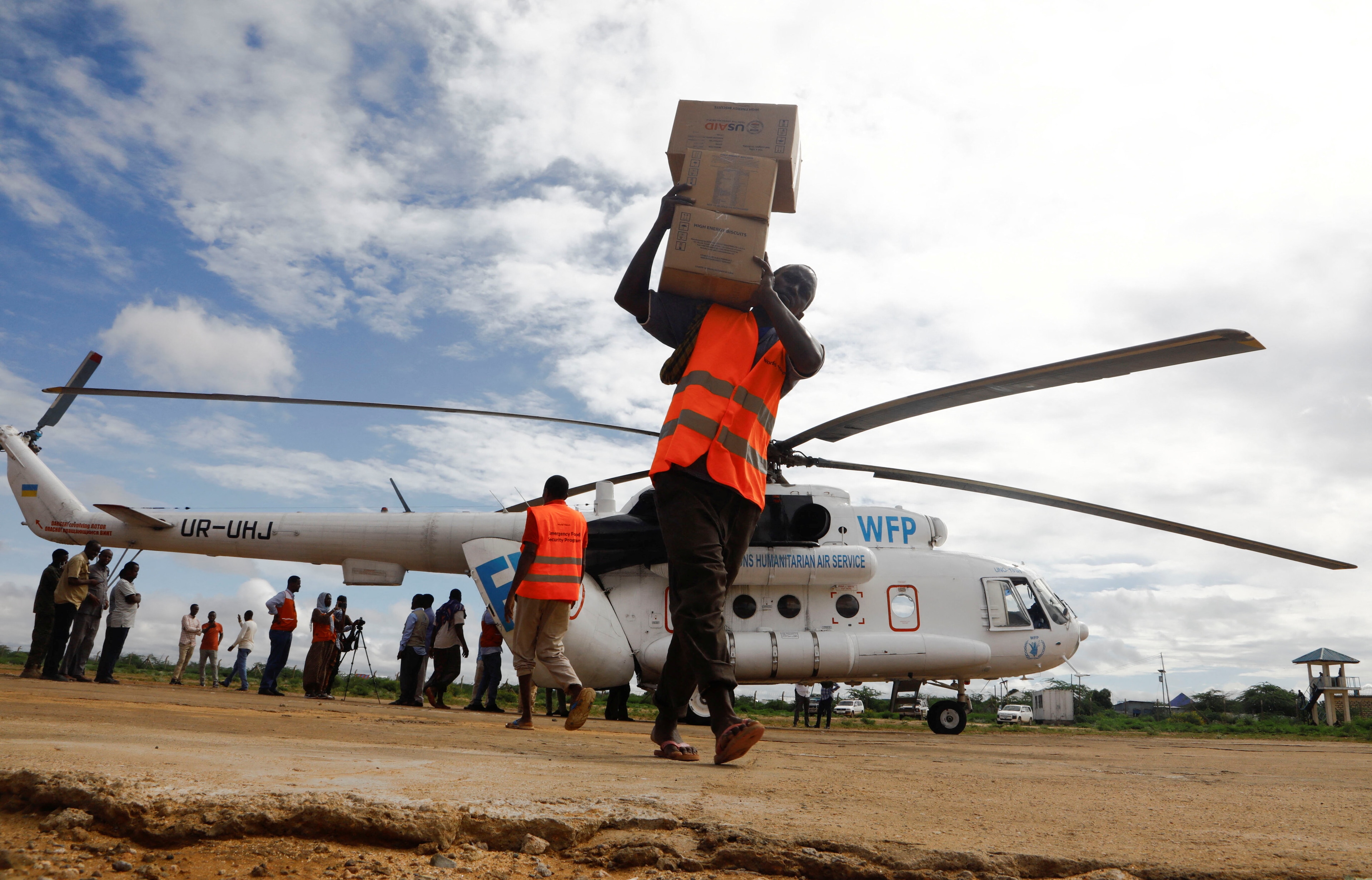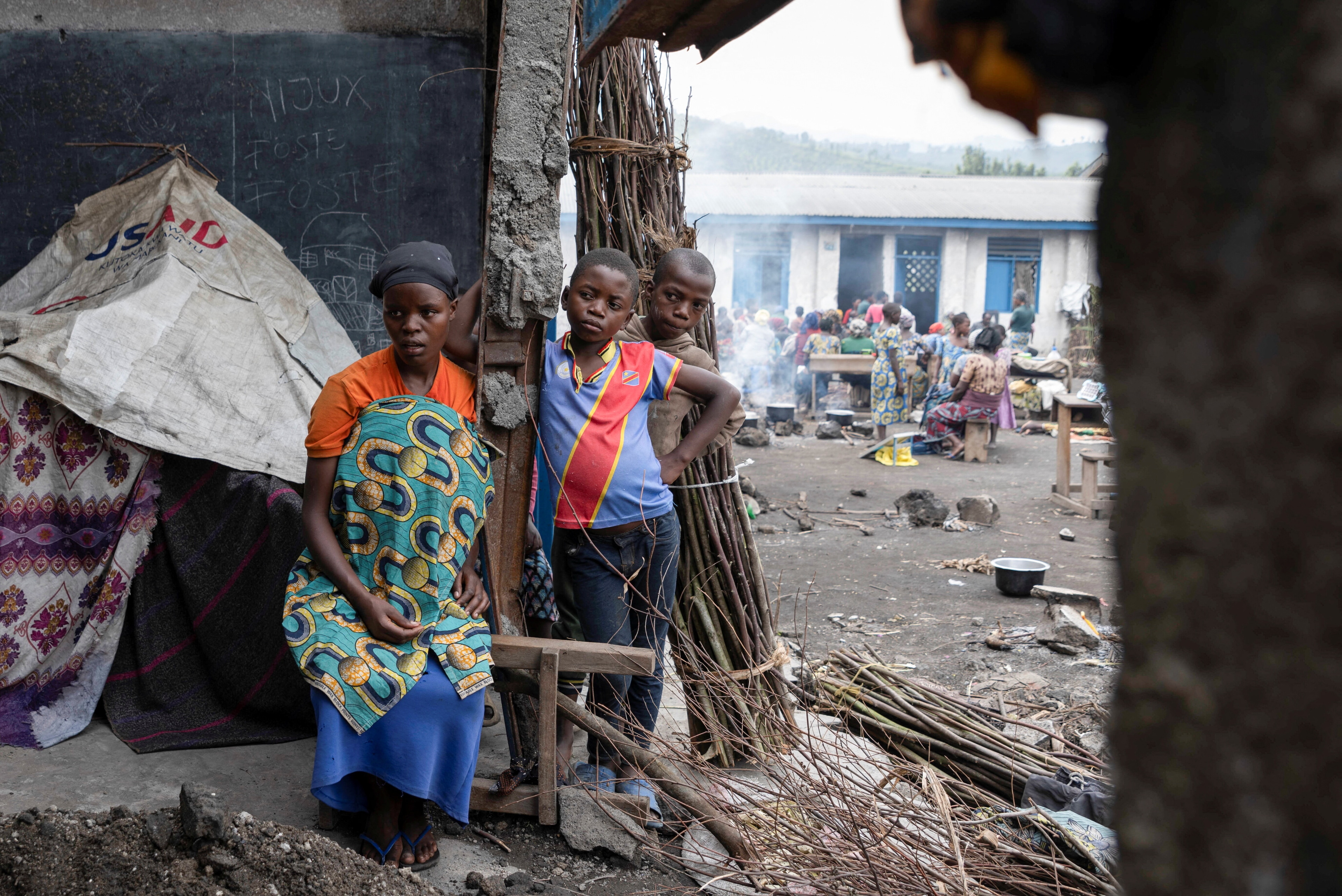COVID will have longer lasting impact on displaced people - the UN's refugee chief speaks to Radio Davos
Filippo Grandi, United Nations High Commissioner for Refugees
Image: WEF/Sikarin Thanachaiary
Stay up to date:
Middle East and North Africa
Accept our marketing cookies to access this content.
These cookies are currently disabled in your browser.
- UNHCR reports record numbers of displaced people, despite COVID.
- High Commissioner tells Radio Davos of his hopes and fears for a post-COVID world.
- And we hear from Victor Ochen, an internally displaced person for 20 years.
- Subscribe to the podcast: https://pod.link/1504682164
More than 82 million people in the world have been forcibly displaced from their homes - that’s around the entire population of a country like Germany or Turkey.
And it's more than ever - despite the pandemic making it harder for refugees to cross borders.
For World Refugee Day, Radio Davos spoke to UN High Commissioner for Refugees Filippo Grandi, and to Victor Ochen, who grew up in a conflict zone in northern Uganda and has used his experience as a displaced person to help others.
Key quotes:
Filippo Grandi:
"Most of these 80-plus million people we’re talking about, refugees, displaced people, are in poor countries…[which have] fewer resources to deal with these massive problems."
"I think the problem [of vaccine inequality] is not inequality in respect of refugees, it is inequality between countries. And I think that I am actually surprised that there is not even more outcry about what a scandal it is."
"The risk of backfiring globally is very, very high. The slogan … that we will not be safe until everybody is safe ... is actually the most true slogan of the many that have been coined around the pandemic."
"The slogan of the [United Nations] Sustainable Development Goals is: ‘No one should be left behind’. The risk of that ... is much higher now than it was a year and a half ago. And this is where we need to focus in the next few years."
"If you look at the type of money that has been mobilized to respond to COVID and you look at the aid budgets, the proportion is staggering. One is huge and one is very small, comparatively speaking. So I do hope that governments will have a better judgement than that and will not take it [from] aid budgets to compensate for the large expenditure."
Victor Ochen:
"I was born into war. I was born in the community affected by war and a society where nothing was happening except the struggle for power."
"It was the most dangerous venture, most dangerous move, to talk about peace in an environment where there is no peace, to talk against war in an environment clouded by conflict."
"War destroys one key institution: not the government, not the United Nations, not international organizations, not politics – war destroys the family. Families are split apart, families lose members, families become so helpless, separated for life. They live in that endless sense of not knowing what will happen. It's very difficult to see something good come out of a community where families are destroyed."
"Suffering in northern Uganda, suffering in Africa, is no different from suffering anywhere in the world. With COVID came a lot of understanding that we are all human, we are all powerless, we are all fragile. We shouldn't wait for suffering to knock on our doors before we act to care for those who are already suffering."
Accept our marketing cookies to access this content.
These cookies are currently disabled in your browser.
Mentioned in this episode:
COVAX - the global effort to get COVID vaccines to all.
The UK's plan to cut its overseas aid budget.
COP26 - the climate summit due to happen in November.
Lord's Resistance Army - the militia that caused Victor Ochen's family to become displaced people.
Find all our podcasts here.
Subscribe: Radio Davos; Meet the Leader.
Join the World Economic Forum Podcast Club on Facebook.
Don't miss any update on this topic
Create a free account and access your personalized content collection with our latest publications and analyses.
License and Republishing
World Economic Forum articles may be republished in accordance with the Creative Commons Attribution-NonCommercial-NoDerivatives 4.0 International Public License, and in accordance with our Terms of Use.
The views expressed in this article are those of the author alone and not the World Economic Forum.
Related topics:
Forum Stories newsletter
Bringing you weekly curated insights and analysis on the global issues that matter.
More on Resilience, Peace and SecuritySee all
Naoko Tochibayashi
July 28, 2025
Vanina Farber
July 21, 2025
Robert Piper
July 17, 2025
Resilience roundtable: How emerging markets can thrive amid geopolitical and geoeconomic uncertainty
Børge Brende, Bob Sternfels, Mohammed Al-Jadaan and Odile Françoise Renaud-Basso
July 9, 2025
Kate Whiting
June 19, 2025
Alejandro De Quero Cordero and Giorgio Parolini
June 6, 2025





